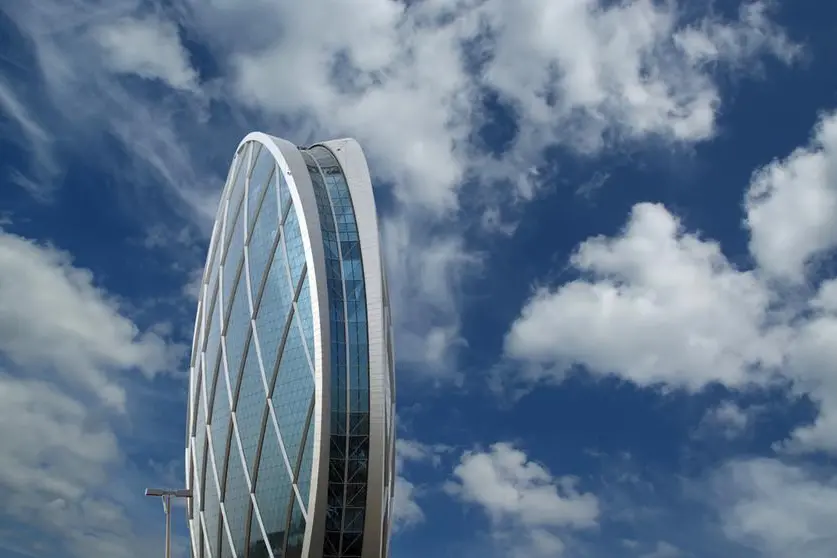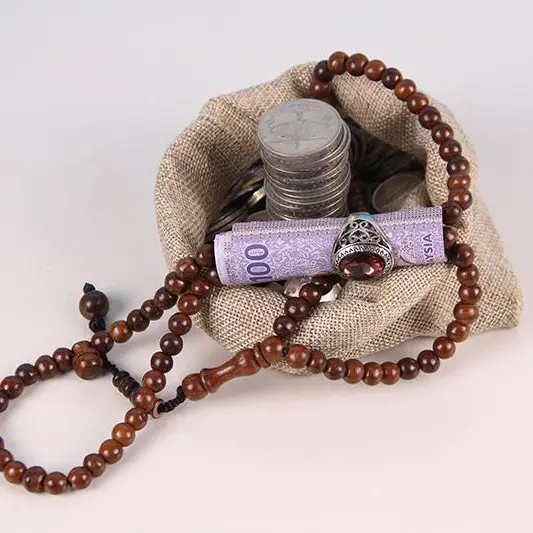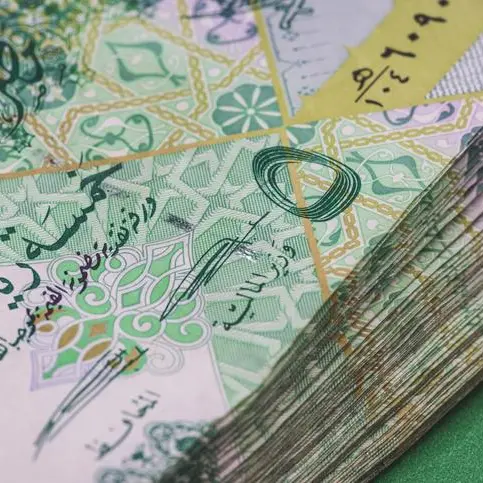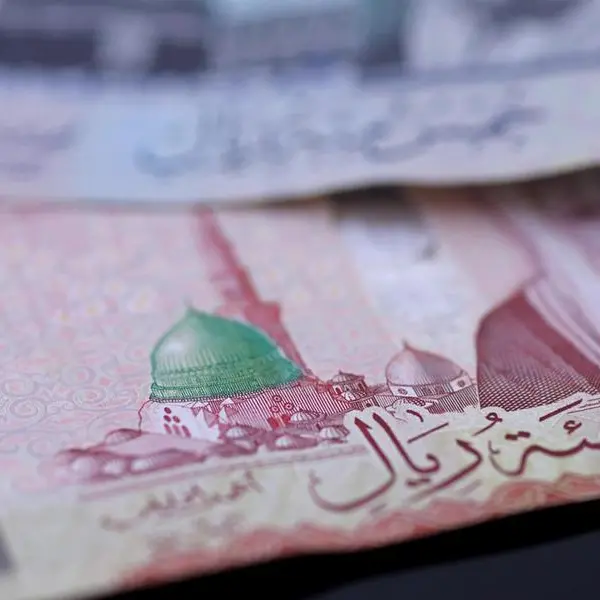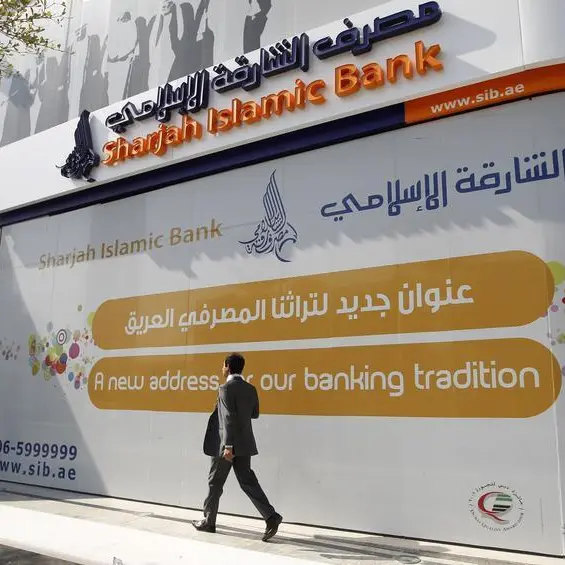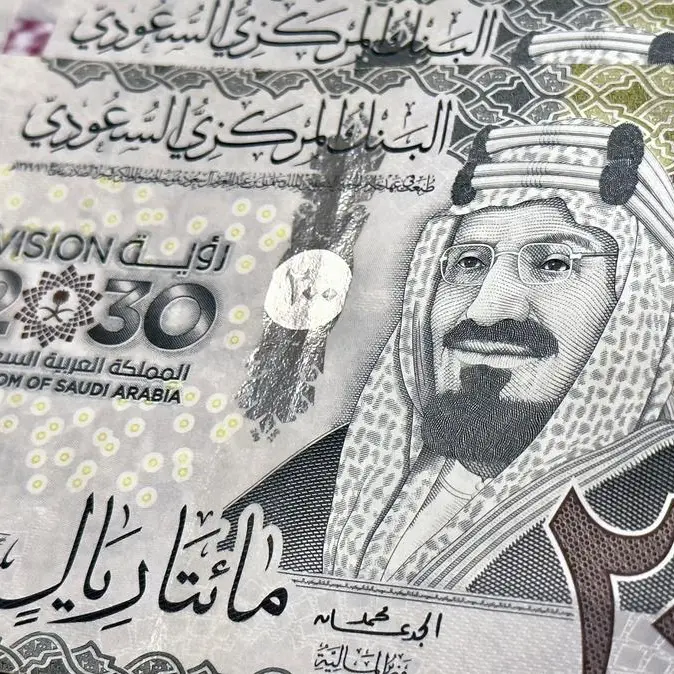PHOTO
ABU DHABI - Aldar Investment Properties (AIP), the largest real estate management company in Abu Dhabi and subsidiary of Aldar Properties PJSC (Aldar), has successfully raised US$500 million through an inaugural green sukuk.
The 10-year sukuk was priced with a 4.875 percent coupon rate and is amongst the highest price tightening of any corporate issuance in 2023. The effective funding cost for AIP will be significantly lower due to a successful pre-hedging strategy implemented in 2021 and 2022 when long term rates were materially lower. As a result, the forward starting swaps secured will reduce the issuance’s effective rate to 3.85 percent. Following a global investor roadshow, the issuance was four times oversubscribed, attracting a range of local, regional, and international investors that placed total orders of over US$2.3 billion.
Green Finance Framework
The issuance forms part of a US$2 billion financing programme by AIP to support its growth agenda and sustainability commitments, in line with the goals of the Paris Agreement, the UAE Net Zero by 2050 Strategic Initiative and Aldar’s plan to be a net zero carbon business by 2050.
The sukuk proceeds will be deployed in accordance with Aldar’s Green Finance Framework, which governs investment in sustainable projects such as green buildings, property upgrades to enhance energy efficiency, sustainable water management, pollution control measures, and renewable energy sources.
Faisal Falaknaz, Acting Chief Financial and Sustainability Officer at Aldar Properties, commented, “This issuance marks Aldar’s return to international capital markets for the first time since 2019 and is the first corporate benchmark sized sukuk issued from Abu Dhabi since 2020. It is also Aldar’s inaugural green issuance, and the robust investor demand reflects the confidence in Aldar’s approach to ESG and the business model that will deliver on our net zero commitments.
“As a leading integrated real estate developer, investor, and manager, Aldar has a clear responsibility and opportunity to align fully with the UAE’s net zero ambitions. We are already investing significantly in energy efficiency across our property portfolio. Our green financing initiatives will now allow us to step up our climate action agenda.”
Strong ratings
AIP, which houses a diversified portfolio of income-generating real estate assets valued at over AED23 billion, benefits from a strong investment grade credit rating of Baa1 from Moody’s. In addition, Aldar’s progress on sustainability has driven recent improvements in its ESG ratings with an upgraded MSCI ESG rating to BBB and an enhanced score of 16.1 on Sustainalytics’ ESG risk assessment scale, indicating the company’s lower level of ESG risk. Lastly, Aldar achieved 60 points on the Dow Jones Sustainability Index (DJSI), which moved the company into the top 7 percent of the 237 global real estate companies surveyed.
Aldar has adopted a green financing framework, which aligns with the United Nations Sustainable Development Goals and is based on principles set out by the International Capital Markets Association (ICMA) and the Loan Market Association. The framework sets out criteria for use of proceeds and is governed by Aldar’s Sustainability Council, which comprises senior management and is chaired by Aldar’s Group Director of Sustainability and CSR.
In accordance with industry best practice, Aldar has obtained a ‘Second Party Opinion’ from Sustainalytics to externally verify the sustainability quality of the Framework and its alignment with Green Finance Principles.
In January 2023, Aldar launched its Net Zero Plan, with a commitment to becoming a net zero carbon business across its Scope 1, Scope 2, and Scope 3 greenhouse gas (GHG) emissions by 2050. The company also set science-aligned 2030 interim targets, which will see it achieve Net Zero in its Scope 1 and Scope 2 GHG emissions and deliver a 45 percent reduction in the intensity of its Scope 3 GHG emissions relative to the company’s 2021 baseline.
Aldar’s Net Zero Plan explains how it will achieve Net Zero in its direct emissions and the embodied carbon of all its developments and projects, as well as emissions associated with its supply chain and tenants.
